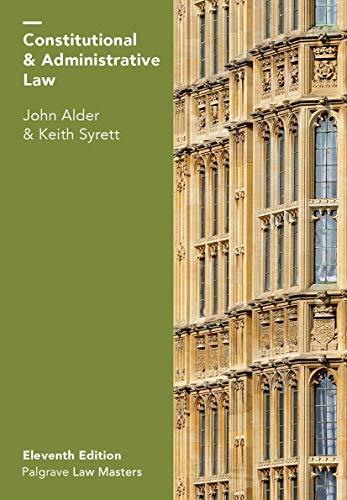Question
Abdul runs a business which has a turnover of more than $1m. It is profitable and appears to have good long-term prospects as a mobile
Abdul runs a business which has a turnover of more than $1m. It is profitable and appears to have good long-term prospects as a mobile phone distributor. Abdul decides to register a company and to transfer the business into that company, which he then plans to sell. The company holding the business is sold to an investor who asks that Abdul stay on as the director and manager of the company. The investor organises a contract that requires Abdul, as part of the purchase of his company, to promise not to compete against the company in any capacity within a 20-kilometre radius of the company's location. Abdul is also required to promise that he will not use any of the intellectual property or trade secrets of the company in any other enterprise. Abdul signs the agreement. Abdul leaves the company after only six months employment due to a dispute over how much he is paid as manager. Abdul's wife registers a new company to run a mobile phone business, similar to the one that Abdul previously established. Abdul is employed within the company; he is neither a shareholder nor director. Can Abdul work for this new company? What rights might the new owner of Abdul's original company have against Abdul?
Step by Step Solution
There are 3 Steps involved in it
Step: 1

Get Instant Access to Expert-Tailored Solutions
See step-by-step solutions with expert insights and AI powered tools for academic success
Step: 2

Step: 3

Ace Your Homework with AI
Get the answers you need in no time with our AI-driven, step-by-step assistance
Get Started


